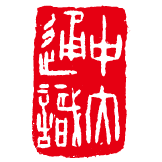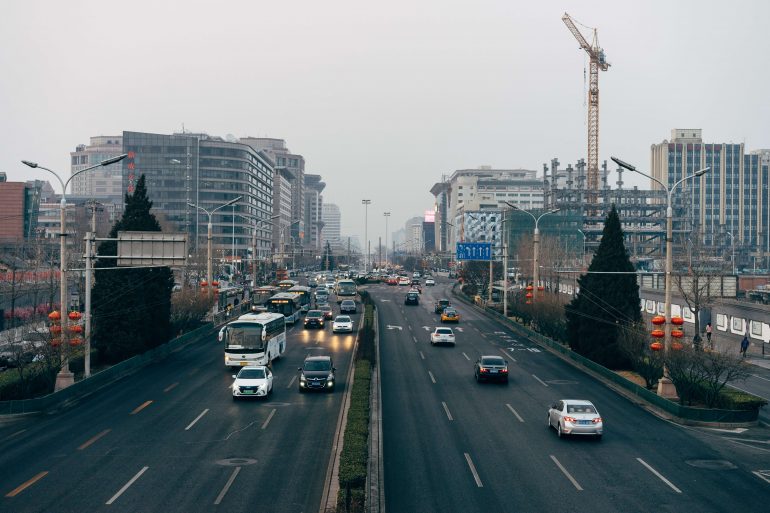UGEC2883 Economic Reform and Social Impacts in China
Time
Lecture: Thursdays 04:30 p.m. - 06:15 p.m.
Tutorial: TBA
Instructor
Professor ZHU Ling
Medium of Instruction
English
Course Description
(UGEC2883 is double-coded with SOCI2106.)
This course is to examine the economic reforms and its social consequences in China from different theoretical perspectives and to probe into the problems, difficulties and constraints facing China’s economy and society. After taking this course, students should be able to understand social impacts of economic reforms from a wide range of aspects, such as labour (SDG1 No poverty, SDG5 Gender equality, SDG8 Decent work and economic growth, SDG10 Reducing inequality, SDG12 Responsible consumption and production), migration (SDG1, 5, 8, 10), gender (SDG5, 10), environment (SDG13 Climate Action), grassroots participation, human rights and civil society, and explore solutions to these problems.
The course will highlight the relevancy of these social aspects to achieving sustainable development goals, for example reducing poverty and inequality, decent work and economic growth, responsible consumption and production, and climate action.
Learning Outcome
- Students should be able to explain the main aspects of economic reform and social impacts in contemporary China.
- Students should be able to identify the key social science concepts and theories through which the underlying forces changing China today are studied.
- Students should be able to apply the theories and methods to analyze the close interaction and dilemma between society, economy, and humanistic concerns.









